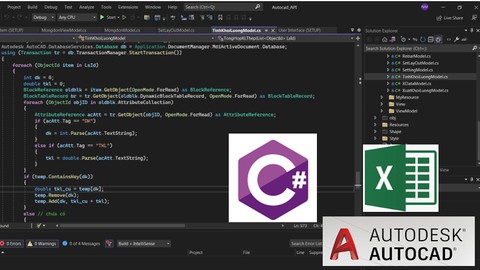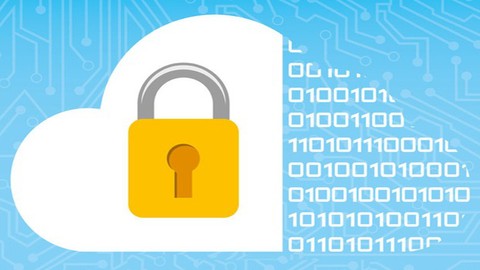Mô tả
The LPIC-2 Linux Engineer certification demonstrates an advanced proficiency with the Linux operating system and the ability to perform real-world maintenance and administrative tasks. The 201-450 exam focuses on measuring and scaling system performance, configuring the Linux bootloader, advanced storage and network configurations, and other system maintenance tasks.
The LPIC-2 Linux Engineer (201-450) Certification Training is an advanced-level course designed for experienced Linux professionals seeking to elevate their skills and expertise in Linux system administration and engineering. This course provides comprehensive coverage of the topics required to pass the LPIC-2 201-450 exam, which is part of the Linux Professional Institute Certification Level 2 (LPIC-2).
Whether you are looking to enhance your career prospects, validate your Linux expertise, or broaden your skill set, this course is a valuable investment in your professional development as a Linux engineer. Upon successful completion, participants will be well-prepared to take the LPIC-2 201-450 exam and earn their LPIC-2 certification, showcasing their mastery of advanced Linux administration and engineering.
By the end of the LPIC-2 Linux Engineer (201-450) Certification Training, participants will have gained the knowledge and skills necessary to tackle the LPIC-2 exam with confidence.
· Understand and analyze performance metrics and resource utilization on Linux systems.
· Compile and customize the Linux kernel from source code.
· Manage the system startup process using SysV init and systemd.
· Manage advanced file system features such as encryption and compression.
· Configure advanced networking settings, including routing and network services.
· Install, configure, and manage DNS servers.
· Configure and manage Apache HTTPD and Nginx web servers.
· Configure Samba for file sharing with Windows clients.
· Configure Linux clients to connect to various network services, including LDAP, SMB, and NFS
Bạn sẽ học được gì
Understand and analyze performance metrics and resource utilization on Linux systems.
Compile and customize the Linux kernel from source code.
Manage the system startup process using SysV init and systemd.
Manage advanced file system features such as encryption and compression.
Configure advanced networking settings, including routing and network services.
Install, configure, and manage DNS servers.
Configure and manage Apache HTTPD and Nginx web servers.
Configure Samba for file sharing with Windows clients.
Configure Linux clients to connect to various network services, including LDAP, SMB, and NFS
Yêu cầu
- LPIC-1 Certification (101 and 102): While not mandatory, having the LPIC-1 certification demonstrates a solid understanding of fundamental Linux concepts and commands. LPIC-1 serves as a strong foundation for the more advanced topics covered in LPIC-2.
- Linux Experience: Candidates should have practical experience in administering Linux systems. This includes knowledge of basic command-line operations, file management, user management, package management, and system configuration.
- Networking Knowledge: Familiarity with networking concepts is beneficial, as LPIC-2 covers advanced networking configurations, routing, and network services.
- File System and Storage Management: Understanding of filesystems, storage devices, and basic RAID and LVM (Logical Volume Management) concepts is important.
- Shell Scripting: Proficiency in shell scripting (such as Bash scripting) is advantageous, as it allows candidates to automate tasks and perform advanced system configurations.
- TCP/IP Networking: Understanding of TCP/IP networking fundamentals, including IP addressing, subnets, and basic network troubleshooting, is helpful.
- Hands-On Experience: Practical hands-on experience with Linux systems, including setting up and managing various services, is essential for mastering the advanced topics covered in LPIC-2.
Nội dung khoá học
Viết Bình Luận
Khoá học liên quan

Đăng ký get khoá học Udemy - Unica - Gitiho giá chỉ 50k!
Get khoá học giá rẻ ngay trước khi bị fix.






![Java Certification : OCA (1Z0-808) Exam Simulation [2023]](/uploads/courses/udemy/1464072_c364_6.jpg)






![10 Sample Exams ISTQB Foundation Level (CTFL) v4.0 [NEW!]](/uploads/courses/udemy/3228307_dcb2_10.jpg)




Đánh giá của học viên
Bình luận khách hàng